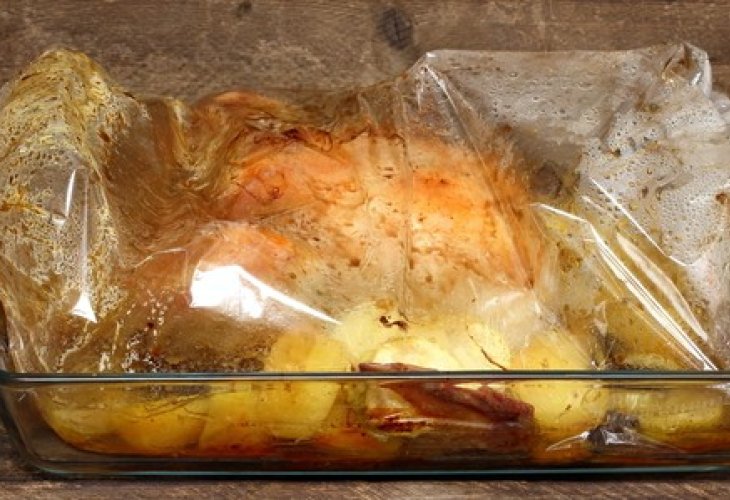Everything You (Didn't) Want to Know About Cookie Bags
In a recent article by Hani Eisenstadt Karmi, a biologist and environmental scientist with extensive industrial research experience, she explains the dangers lurking in innocent 'cookie' bags, emphasizing, "We must all start asking 'Where did it come from, where is it going, and what does it affect?'"
 (Photo: Shutterstock)
(Photo: Shutterstock)In an era filled with industrial consumer products, many made from materials we don't even recognize, it's important to start asking the right questions and not bury our heads in the sand and 'buy' whatever we're sold.
In a recent article by Hani Eisenstadt Karmi, a biologist and environmental scientist with extensive industrial research experience, she explains the dangers lurking in innocent 'cookie' bags, emphasizing, "We must all start asking the questions 'Where did it come from, where is it going, and what does it affect?'"
According to her, the answers to these questions regarding cookie bags are that once they've served their purpose and are thrown away – they are recycled and return to us as toxic materials that neither decompose biologically nor convert to compost. "Most baking bags familiar to us are made from a polymer called polyamide," Hani explains.
The synthetic polymers known to us include plastic, rubber, silicone, Teflon, and more, and the polymer itself does not contain toxins. The problem begins when polymers are mixed with other materials that may 'migrate' out of them.
Since bag manufacturers do not specify which additional substances were used for their production, there is a lack of awareness about the dangers inherent in these substances, and this lack of awareness causes us to live 'peacefully' with these toxins, which pollute not only our environment but also our bodies.
A study conducted in 1998 examined the migration of volatile and non-volatile substances from 'cookie' bags into the food cooked in them, finding a significant concentration of hazardous, contaminating, and problematic materials like monomers and oligomers, as well as substances referred to as 'endocrine disruptors' (Endocine Disruptors). "These are substances that act like hormones – but they really aren't," Hani explains. "Since they behave like substances the body produces itself, they can trigger, slow down, or stop vital organ activities, leading to a wide range of health impairments."
What impairments, for example? Damage to endocrine organs such as the liver, pancreas, blood system, reproductive organs, fertility issues, and even cancer. "In the case of 'cookie' bags, we're dealing with substances that act like estrogen, which might make one wonder why there's such an alarming level of fertility problems in our generation."

